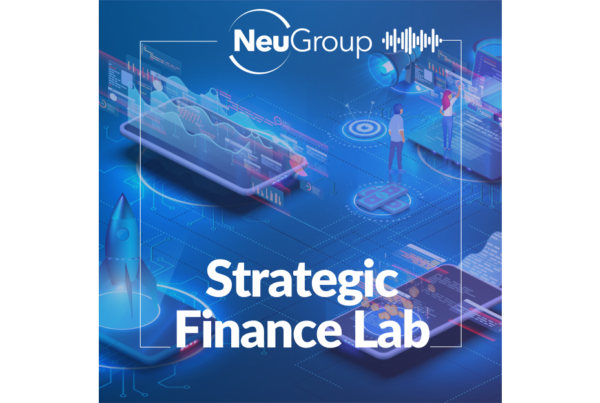
Corporates preparing for a transition to SOFR may need to push some systems vendors.
NeuGroup members appear to be making headway to transition floating-rate exposures to the secured overnight financing rate (SOFR) or an alternative Libor replacement. However, in a meeting in which two members detailed their preparations, a major concern arose about third-party vendors’ progress and the need to push them along.
- Responding to polling questions during the meeting session, 70% said they have compared notes with peer companies about their efforts and progress toward the transition.
- In terms of their current status, 57% said they were in decent shape, 13% far along, and 30% behind for various reasons.
Finding Libor. Systems involving Libor must be upgraded, including treasury management systems (TMSs) and asset systems, if a company has a captive financing arm. It’s a process one member estimated taking 10 months.
- There may also be exposures to Libor, anticipated to no longer function as a benchmark after 2021, that are buried in late fees, intercompany agreements and other contractual arrangements.
- “So we’re working with our legal services team and general counsel to identify any agreement that may mention Libor,” an assistant treasurer said.
Tight timetable. Given the time to implement systems changes and test them, the timetable is already tight, according to one member in discussions with regulators about large multinationals’ challenges, especially if new requirements such as the recently discussed credit-sensitive spread are introduced.
- “If market parameters change, and we’re not on that upgrade, that’s a challenge for us,” the member said. “So we’ve been very vocal with regulators about the time it takes to implement those systems.”
Vendor concerns. No matter how vigilant corporates may be, much depends on vendors upgrading their systems, not just to accommodate using the new benchmarks, but also by transitioning legacy agreements and transactions.
- Noting “good engagement” with its vendor, one member said, “We’ve tried to engage them early and often, because a big part of our success will be around getting the consultants we want” to help with the upgrade.
- Another peer group member seconded the importance of reserving a consultant who understands the company’s systems.
- And good engagement doesn’t mean the upgraded system will solve all the issues. The AT said the TMS will still require treasury to terminate and re-enter new financial instruments, “and that’s a major undertaking.”
Frustration rising. Another AT said attempts to seek updates on system upgrades from a different TMS vendor went unanswered for months. When the vendor responded to questions about fallback language to transition legacy transactions, it became clear this upgraded system would also require closing and re-entering every contract.
- “They claim that they have not been in contact with the ARRC (Alternative Reference Rates Committee, which is guiding the transition to SOFR), which was surprising to me, and they’ve been relying on auditors and customers for feedback on how to implement this,” the AT said.
- Another member using the same vendor said his team had heard something similar. “There’s not a way to easily make the transition today,” the member said.
- Said the first member: “I don’t know who else is using [this vendor], but I would encourage you to get on the phone and push them as hard as possible.”


